Common Credit Card Scams in India and How to Avoid Them
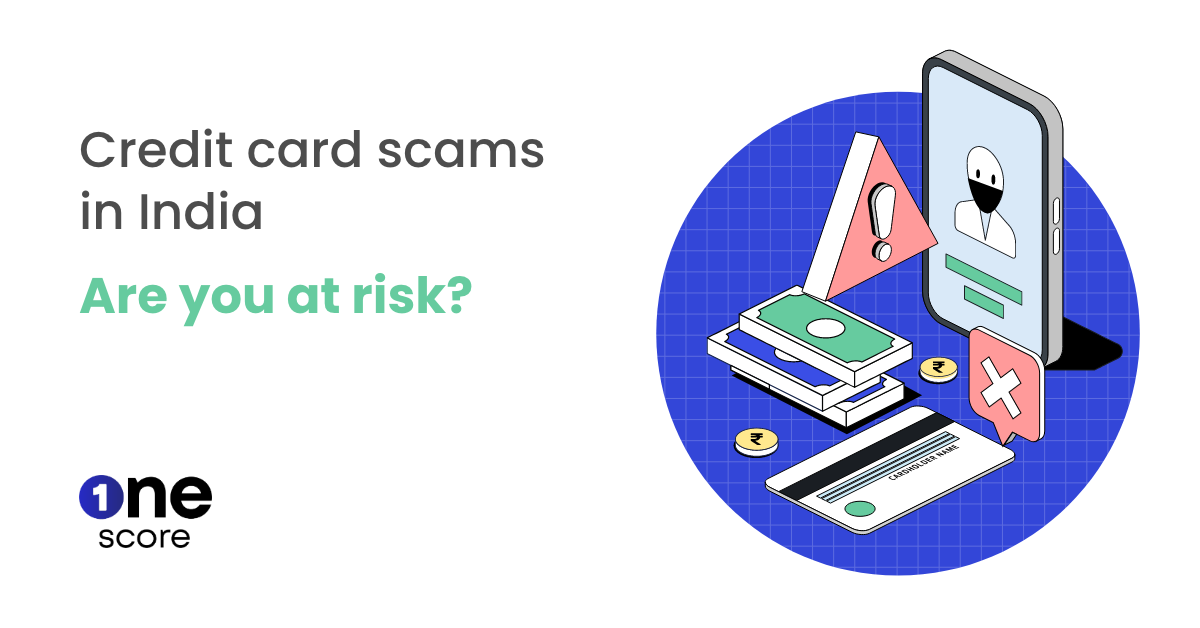
Credit card scams are not uncommon. Since the introduction of the National Cyber Crime Reporting portal in August 2019, 1.3 million scam complaints have been registered (as of November 2023). These complaints involve around 126 crores linked to scams between 2022 and 2023.
Here’s one alarming example: a woman from Mumbai who lost 7 lakhs in a credit card scam. She received a call from an unknown number claiming to be a bank employee. He offered her enticing deals on a new credit card, such as a free Android phone. The woman fell prey to this irresistible deal and shared personal details with him, like her Aadhaar card. After receiving the phone the same day as the call, the woman activated her new credit card. Hours later, she received two messages from the bank notifying her about a purchase of Rs 7 lakh made with her credit card.
Stories like these highlight the growing concern about digital fraud in India and the need to stay vigilant and informed. While the digital transformation has made online payments more convenient than ever, it’s also about new avenues for scammers and fraudsters. With this blog, let’s dive into some of India’s most common credit card frauds and learn about ways to protect your finances.
Also read: How to manage debt and preserve your financial well-being
Types of Credit Card Scams that Happen in India
1. Phishing Scams
Phishing is when someone tries to steal sensitive information, such as your credit card details. This is done through emails, text messages, or phone calls by impersonating a credible organisation. Scammers often trick people into sharing personal information by creating a false sense of urgency, like threatening account expiration.
2. Card Skimming
Skimming is when a scammer uses an electronic device to steal your credit card information. These devices are usually installed on ATMs or petrol pumps to record card data. Scammers then use the stolen information to create fake credit cards and make purchases on your behalf.
3. Fake Offers and Lotteries
Another popular way scammers persuade individuals is by offering low-interest loans or fake lottery schemes. These offers target one’s desire for money, eventually resulting in identity theft and losing money.
How Monitoring Your Credit Score Can Help You Prevent Scams
Many credit card issuers have already implemented features to reduce fraud, such as purchase alerts and card controls. Familiarise yourself with the various safety options available to avoid getting scammed. However, you must still check your credit report to detect any unusual activity, such as unauthorized transactions, fake credit cards listed in your name,etc. OneScore app lets you monitor all this for free and also helps you report any suspicious activity to bureaus.

Practical Tips to Avoid Credit Card Scams
Educating yourself is the best way to stay safe from credit card scams. Start by recognising the early signs and behaviours that can make you more prone to falling for scams.
Here are some common practices to look out for:
-
Being Careful with Unsolicited Communications
Be careful while sharing your credit card details over an unknown email, message, or phone call. Official government organisations will never ask for personal information, especially through these means. -
Verify the Source before Sharing Sensitive Information
Confirm the identity of anyone who asks for personal information before you share any details. You can use official contact channels to confirm the authenticity of the request. -
Safeguard Your Information and Regularly Update Details
Take active measures to safeguard your credit card information, especially online. You should never provide confidential details over public or unsecured networks. To further improve security measures, update your PINs and passwords regularly.
Unfortunately, credit card fraud has become extremely common. But by taking the steps mentioned above, you can minimise the risk. Whenever you feel a transaction is suspicious, inform the card issuer right away and block your card. Always file a formal complaint with the bank; as per RBI rules, they must resolve the complaint within 90 days.
**Disclaimer: The information provided on this webpage does not, and is not intended to, constitute any kind of advice; instead, all the information available here is for general informational purposes only. FPL Consumer Services Private Limited and the author shall not be responsible for any direct/indirect/damages/loss incurred by the reader in making any decision based on the contents and information. Please consult your advisor before making any decision.
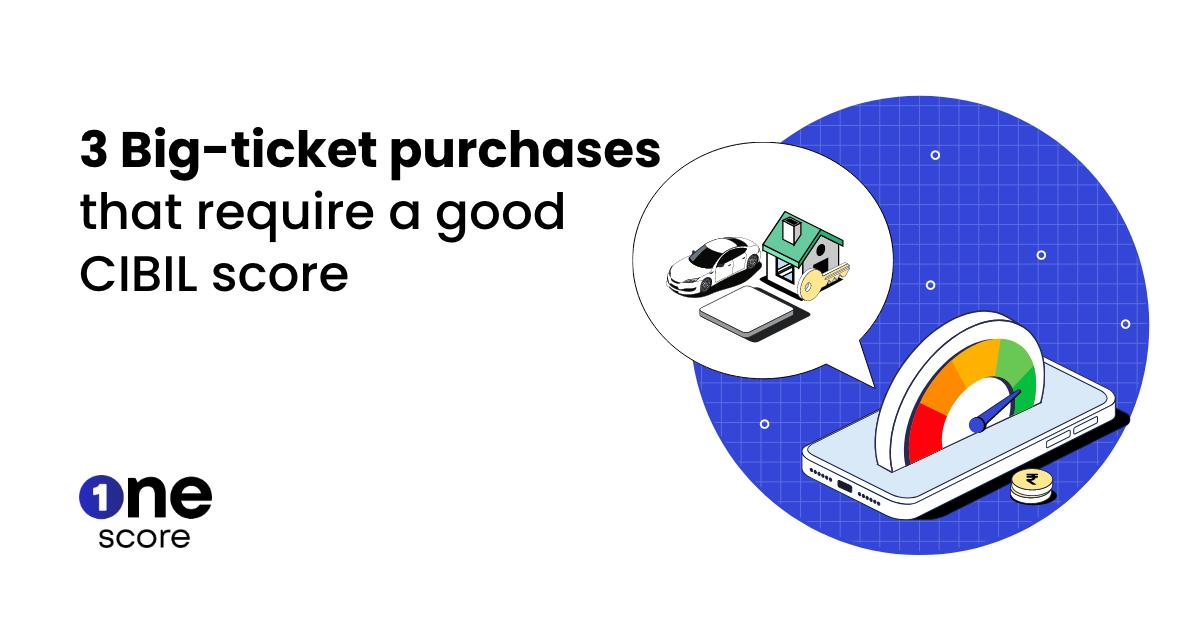
Dreaming of a Big Purchase? Here’s Why a Good CIBIL Score is a Must
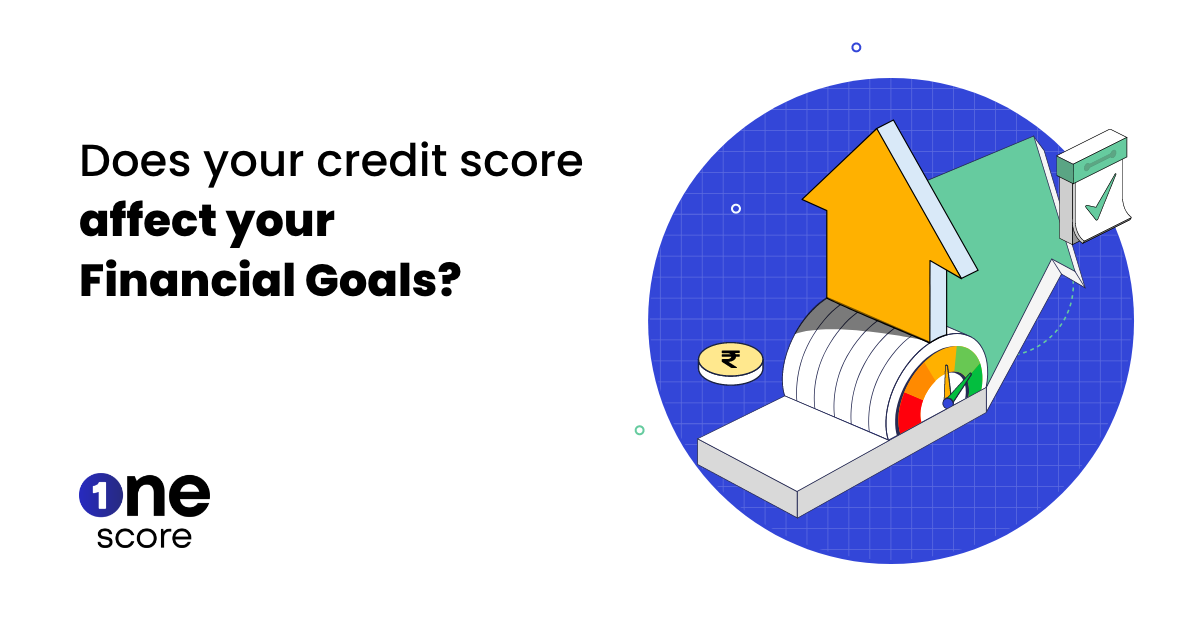
How Your Credit Score Directly Impacts Your Financial Future
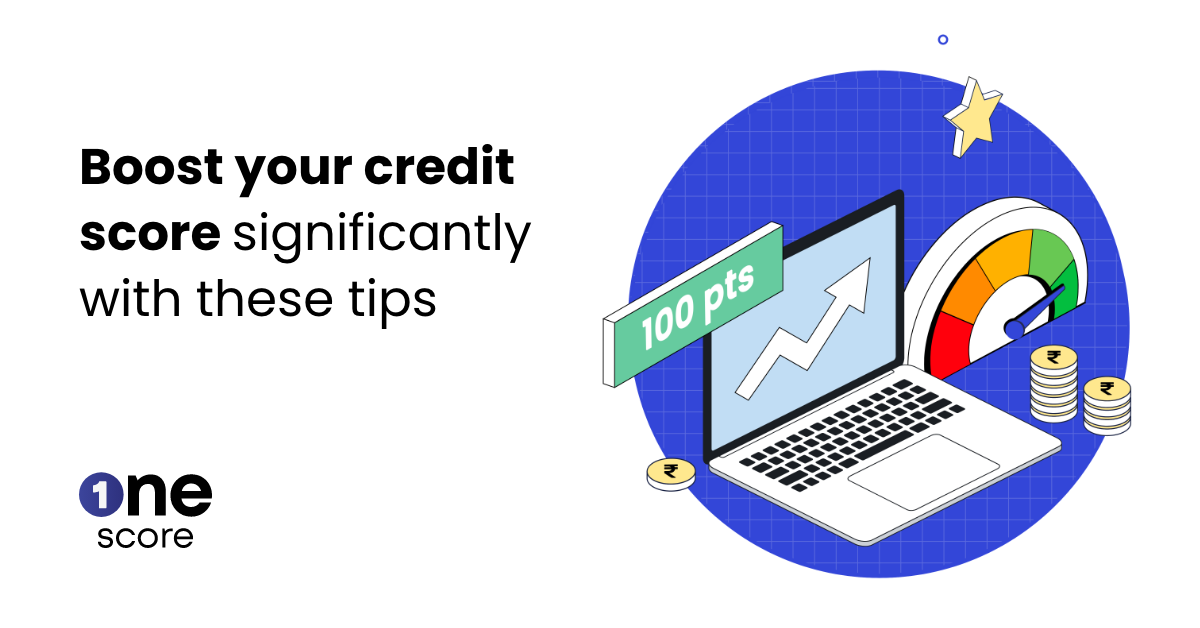
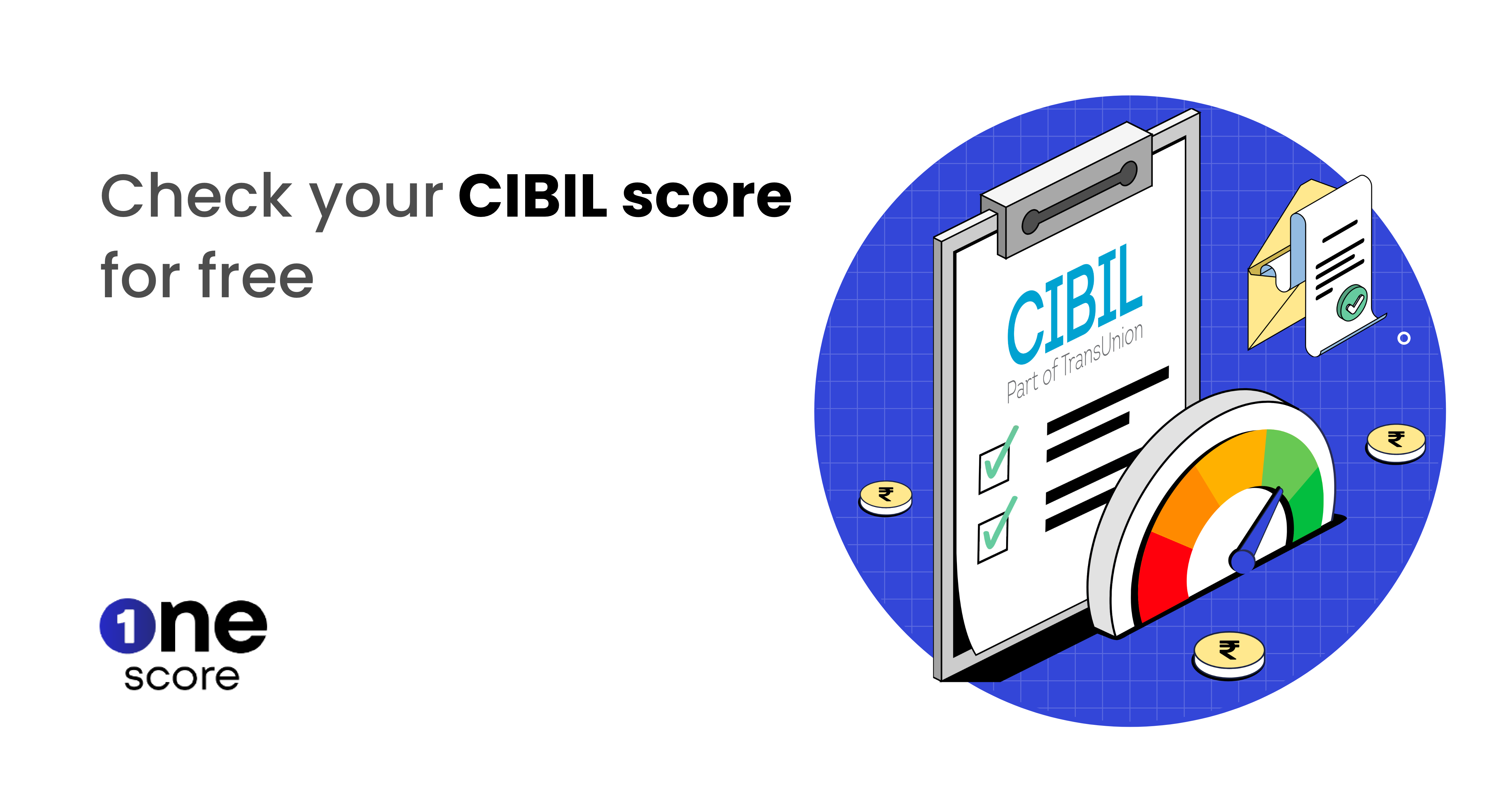
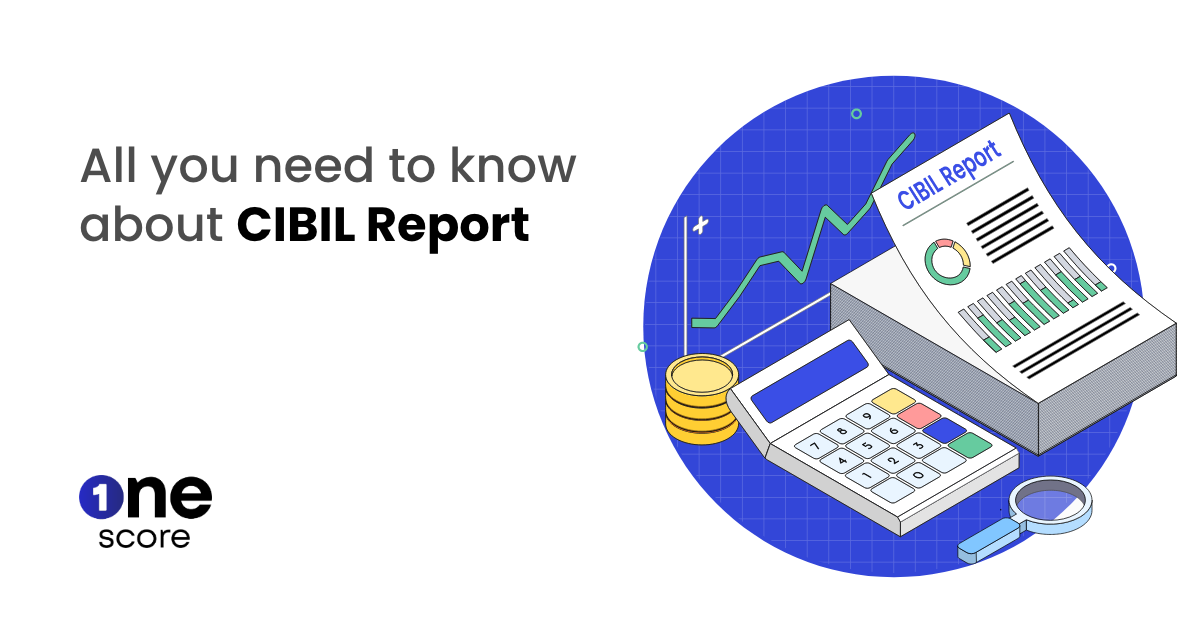
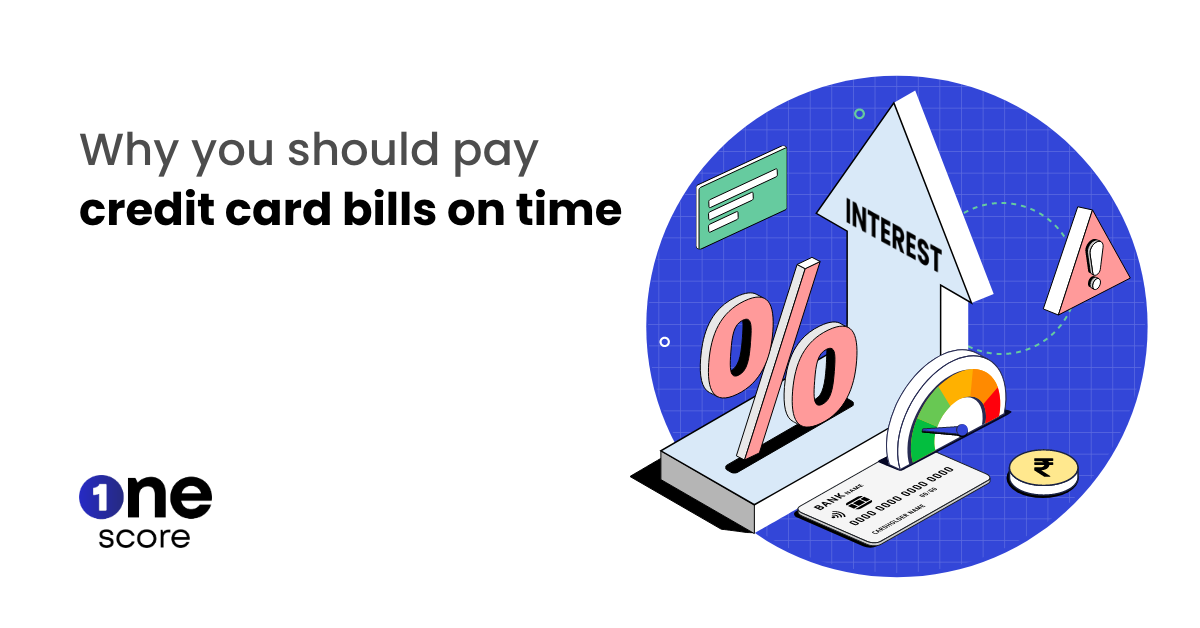
- OneScore , March 06, 2024

